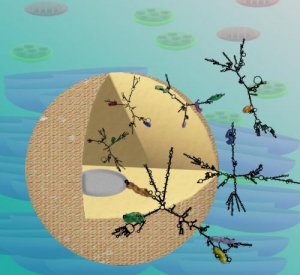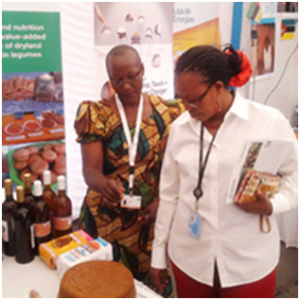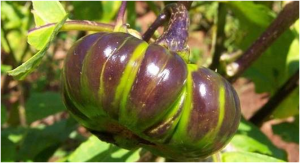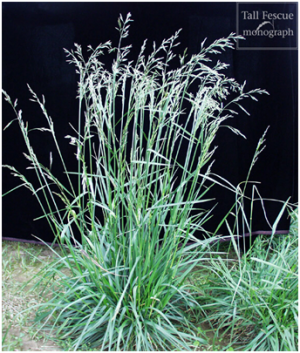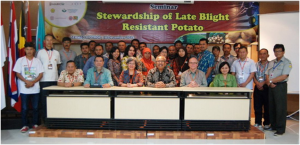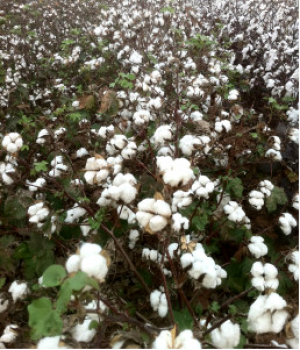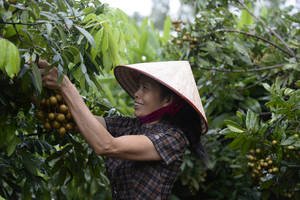|
Monsanto Cultivates a Rose That Doesn’t Wilt
Wednesday, 2016/06/08 | 07:35:19
|
|
Monsanto is working on anti-aging technology for flowers using a genetic technology it can feed to plants through vase water.
The St. Louis biotech company, known for its transgenic corn and soybeans, and for being the target of anti-GMO campaigners, disclosed in a patent application that it’s testing a new way of stopping roses, carnations, and petunias from wilting.
That could help get flowers to supermarkets, florists, and mortuaries just as they’re ready to bloom. Attempts to do that now are the bane of the fresh-cut-flower industry, which relies on airplanes, tanks of anti-aging gas, and toxic chemicals to do it.
Globally, exports of cut flowers, bulbs, and live plants were worth $20 billion in 2013, with Holland, Ecuador, and Colombia exporting the most, according to a report from Rabobank. Eighty percent of flowers sold in the U.S. are imported.
Although flowers may be a footnote to Monsanto’s big product lines, like the herbicide RoundUp, the fresh flower effort offers a peek into the company’s attempt to develop temporary, spray-on genetic alterations, a program it calls BioDirect.
Unlike a GMO or a plant whose genome is permanently changed, the new approach involves temporarily modifying the function of specific plant genes by spritzing them with genetic molecules called RNA, or feeding the molecules to their roots.
Starting two years ago, Monsanto scientists Jill Deikman and Nicholas Wagner attempted to use RNA to interfere with the ability of cut flowers to make ethylene, an odorless gas known to plant scientists as “the aging hormone.”
See: https://www.technologyreview.com/s/601447/monsanto-cultivates-a-rose-that-doesnt-wilt/ |
|
|
|
[ Other News ]___________________________________________________
|


 Curently online :
Curently online :
 Total visitors :
Total visitors :
